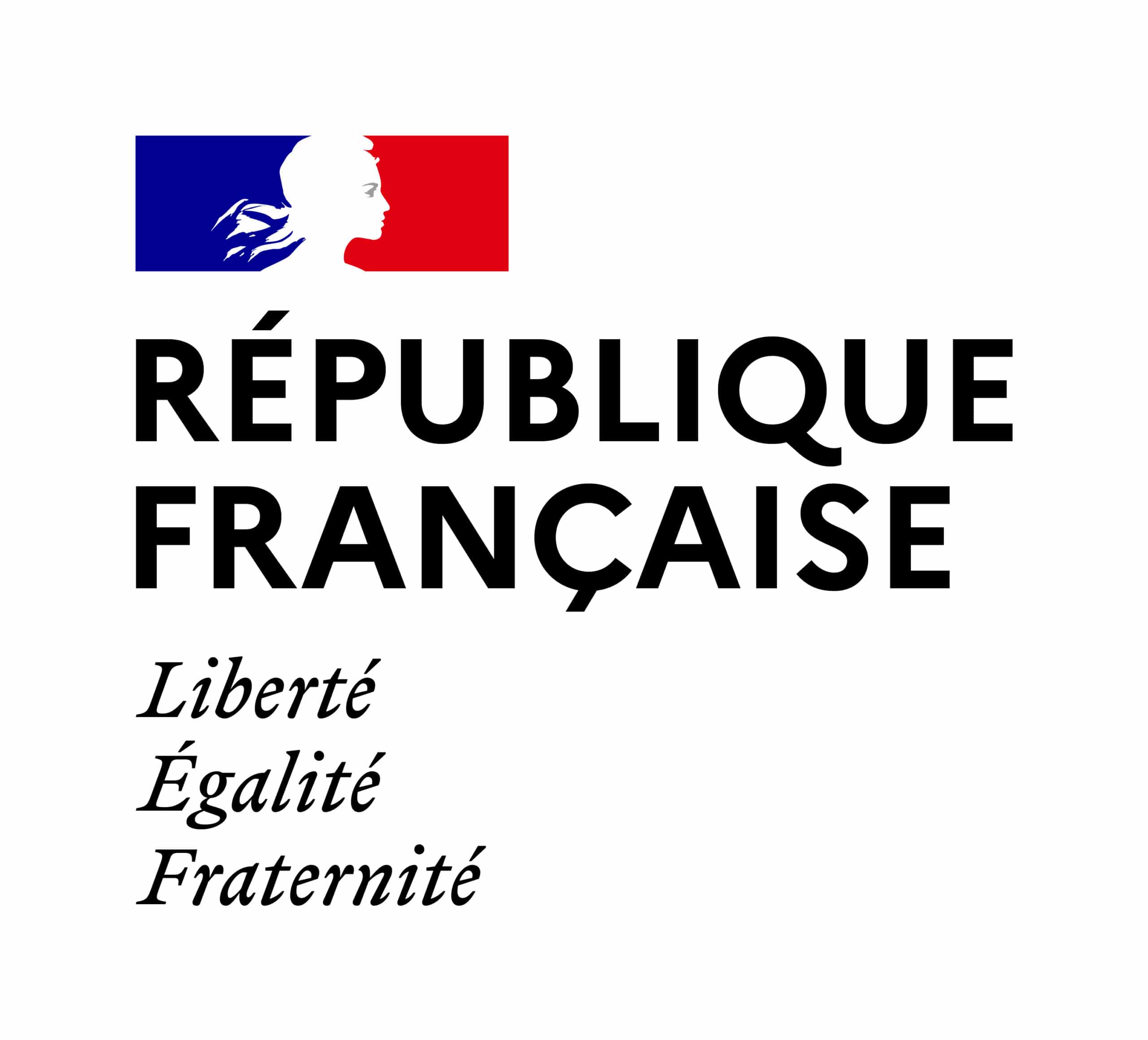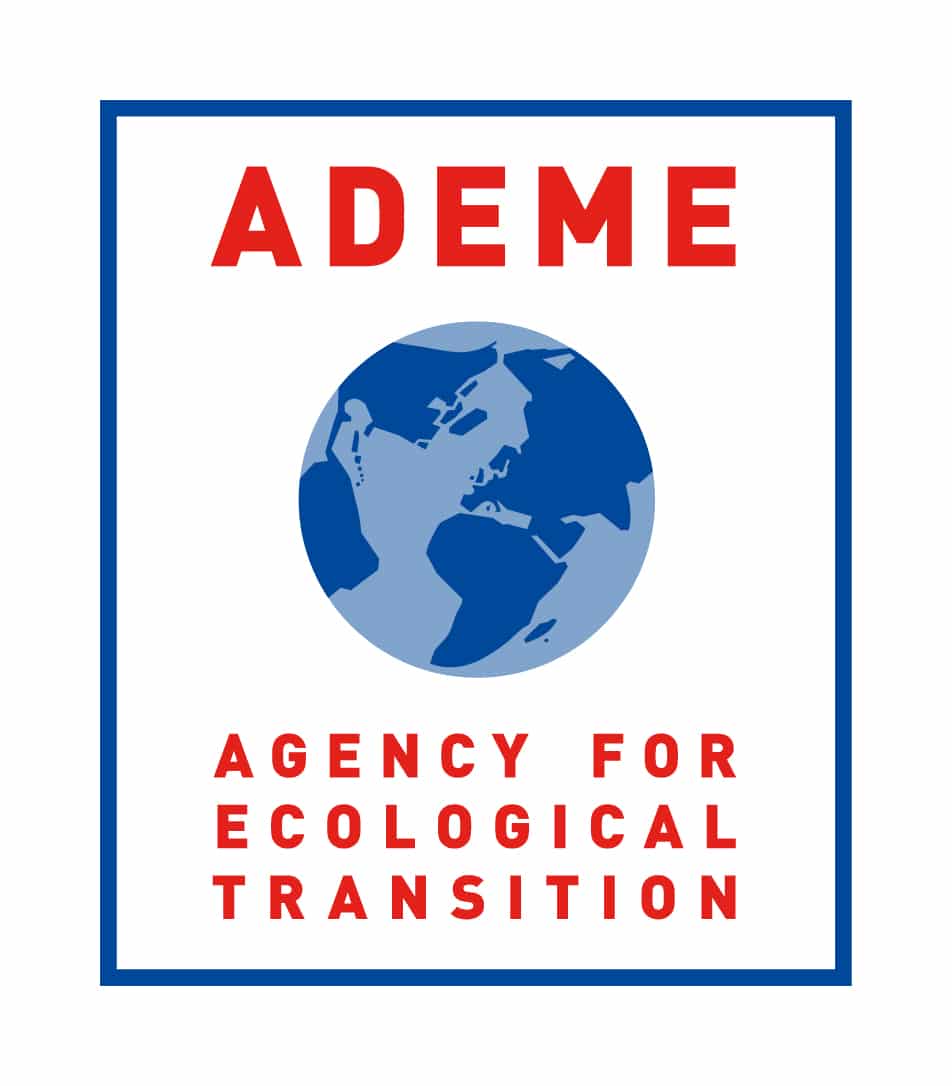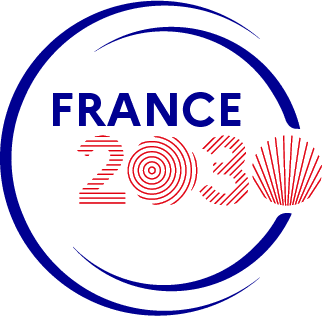ADEME in Europe
The European Union devotes a large part of its budget and actions to the ecological transition. As a public agency of the French State, ADEME acts as expert, innovator and promoter of environmental technologies and sharing of best practices on the European scene.
In this page:
- Participation in the work of the European Commission
- Bilateral relations and European partnerships
- The implementation of European funding programmes for energy, climate and the environment
- European influence networks
Participation in the work of the European Commission
ADEME contributes to the development and implementation of European environmental and energy strategies and regulations. We intervene, under the mandate of our line ministries, in the process of consultation and prior expertise. During this preparatory phase, we highlight the public policies developed and implemented in our territories. We also participate in European and international working groups and committees on energy, environmental and climate policies.
ERA-NET, the European Research Area Network
The objective of the European Research Area Network is to develop and strengthen the coordination of national and regional research programmes within the European Union, contributing to the sharing of common visions. In its mission to guide and finance research, ADEME participates in ERA-NETs.
Bilateral relations and European partnerships
ADEME forges bilateral agreements with European counterparts, notably in Germany with Deutsche Energie-Agentur (DENA) or in Ireland with the Sustainable Energy Agency of Ireland (SEAI). Moreover, our regional departments and our overseas representations develop cross-border or transnational operations.
We have built a platform for energy cooperation with our German counterpart, DENA, which is set out in a roadmap of annual projects. Since 2006, we have also co-financed the Franco-German Office for energy transition (OFATE), an information exchange and networking platform for French and German industrial and political stakeholders in energy transition.
In 2022, we are starting bilateral cooperation with our Irish counterpart SEAI based on an exchange of best practices on transport, energy efficiency and climate.
The implementation of European funding programmes for the climate
The European Commission sets aside a significant part of its budget for the ecological and energy transition. Recently, the launch of the “Green Deal” modified the European multi-annual programming 2021-2027 to lead to a carbon neutral Europe in 2050.
ADEME encourages the participation of French stakeholders in major investments such as cohesion policy (ERDF), environmental policy (LIFE) and research and innovation policy (Horizon Europe). We help our line ministry to promote these programmes to French project leaders. Moreover, our regional directorates ensure the complementarity of European research and innovation funds (Horizon 2020) and structural funds (ERDF-SEF).
Finally, Europe is funding multilateral comparative studies to inform the analysis of European public policies on environmental protection and energy transition. In this context, we are the initiators of a large-scale project for the international comparison of energy efficiency indicators within the European Union (ODYSSEE-MURE project).
for the Horizon 2020 programme (2021-2027).
the LIFE programme (2021-2027).
The European Regional Development Fund (ERDF)
The ERDF aims to strengthen economic and social cohesion within the EU by correcting regional imbalances. It finances direct aid for business investment, infrastructures linked to research and innovation, the environment and energy, aid for regional and local development, and technical assistance measures.
European influence networks
ADEME is a unique agency model in Europe since it brings together all the issues related to the ecological transition, where other countries have two separate agencies for energy and environmental protection. As such, we are an active member of two networks: the EPA Network and the European Energy Network (EnR), which bring together respectively the environmental protection agencies of 37 countries, and 25 national energy management agencies.
Their purpose is to formalise common positions and to play an influential role with the Community authorities. The EnR thus participated in the work of the European Commission as part of the preparation of the Renewable Energy Directive setting the target of 20 % renewable energy by 2020.





